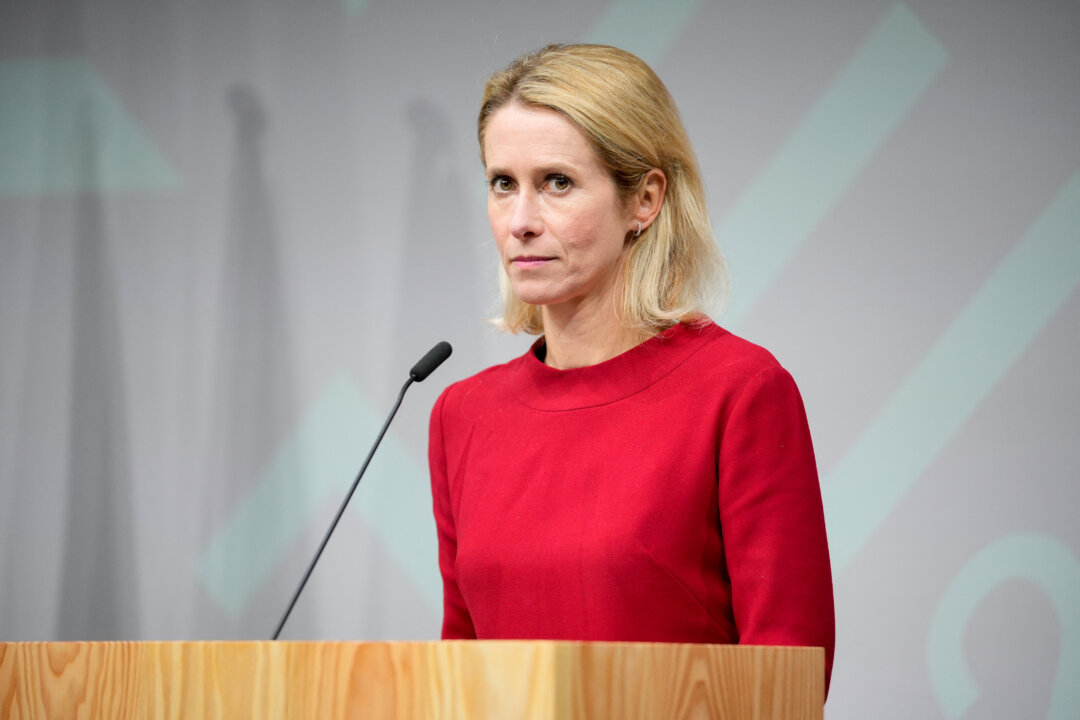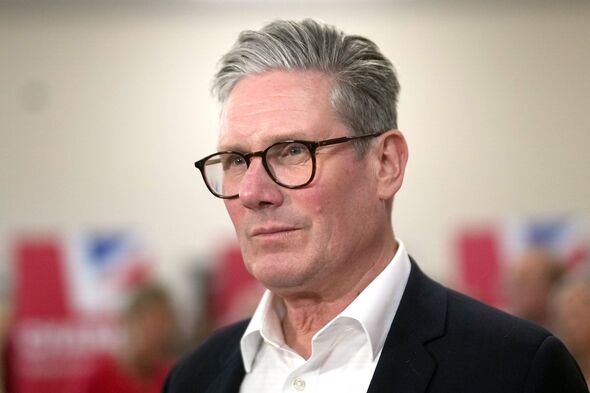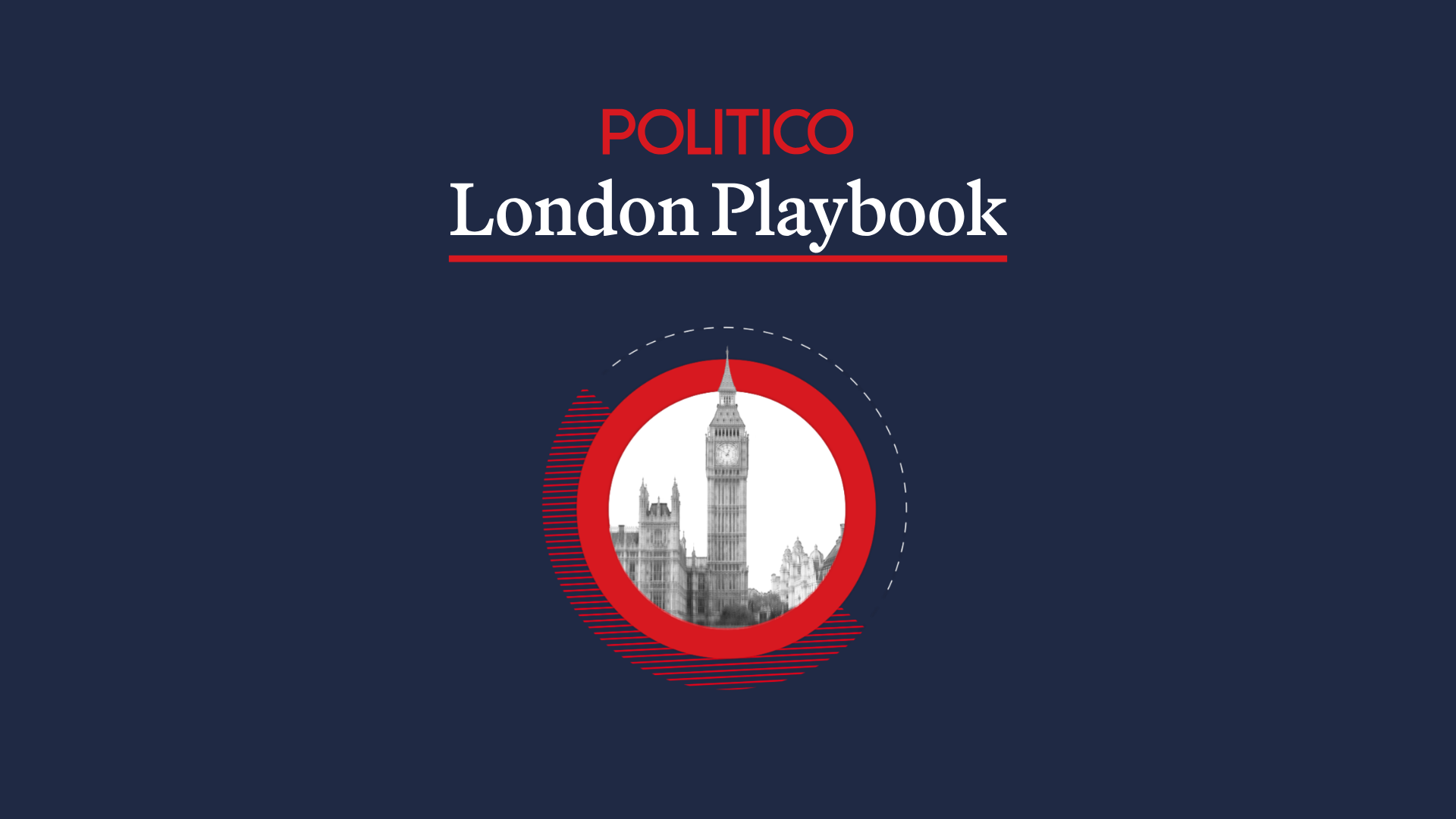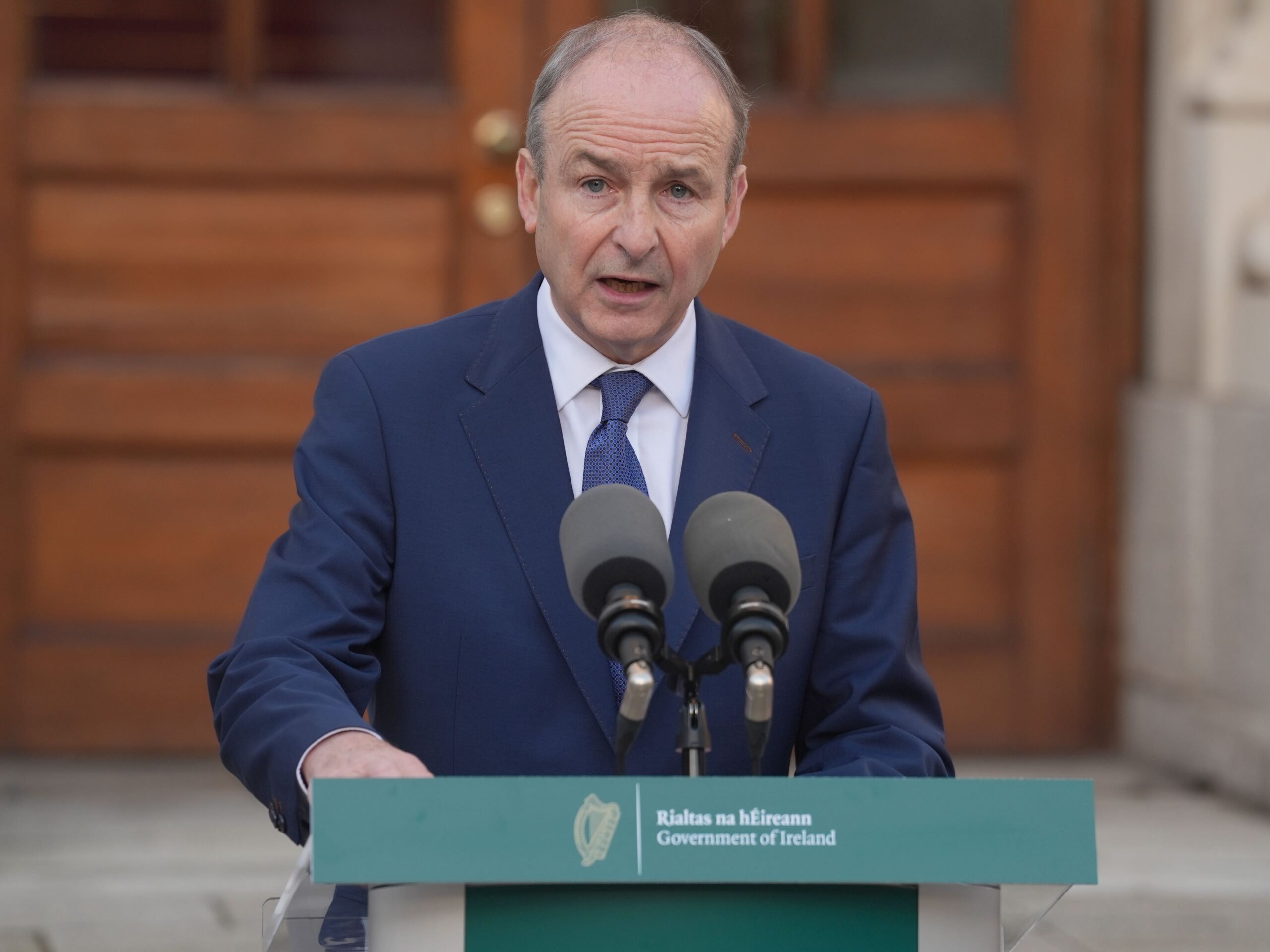The European Union’s high representative for Foreign Affairs and Security Policy, Kaja Kallas, has accused the Chinese government of actively supporting Russia in its ongoing conflict with Ukraine. In an interview with The Economist on October 28, Kallas stated that this backing serves to divert attention and resources from the United States. This assertion marks a significant shift in the EU’s approach toward China and indicates a recalibration of its relationship with the U.S.
Kallas highlighted that Russian President Vladimir Putin has shown little interest in pursuing cease-fire negotiations since the onset of the war in February 2022. She described the Chinese regime as “the key enablers of this war,” emphasizing that China has emerged as Putin’s most prominent ally in the conflict.
The implications of Kallas’s statements resonate deeply within the geopolitical landscape. By framing China’s involvement as a strategic move to distract the U.S., the EU appears to be signaling a more assertive stance on both Russia and China. Analysts suggest that this could lead to a more coordinated response among Western nations regarding their respective policies toward both powers.
In her comments, Kallas underscored the need for the EU to reassess its foreign policy framework in light of these developments. The ongoing war in Ukraine has not only strained international relations but also necessitated a unified front against what many perceive as aggressive actions by both Russia and China.
The dynamics of this situation are further complicated by the economic ties that many countries maintain with China. While the EU seeks to address security threats, it must also navigate the delicate balance of economic engagement. This complexity is amplified by the growing influence of China on the global stage, which poses challenges to the established order.
As the conflict in Ukraine continues, the EU’s position on China and Russia will likely evolve. Kallas’s remarks are a clear indication that the EU is taking a more proactive approach to its foreign policy, particularly as it seeks to bolster its relationship with the United States in the face of shared challenges.
In the coming months, how Western nations respond to the actions of both China and Russia will be crucial. The EU’s ability to maintain unity among its member states while addressing these external pressures will be essential for its long-term strategy and stability.







